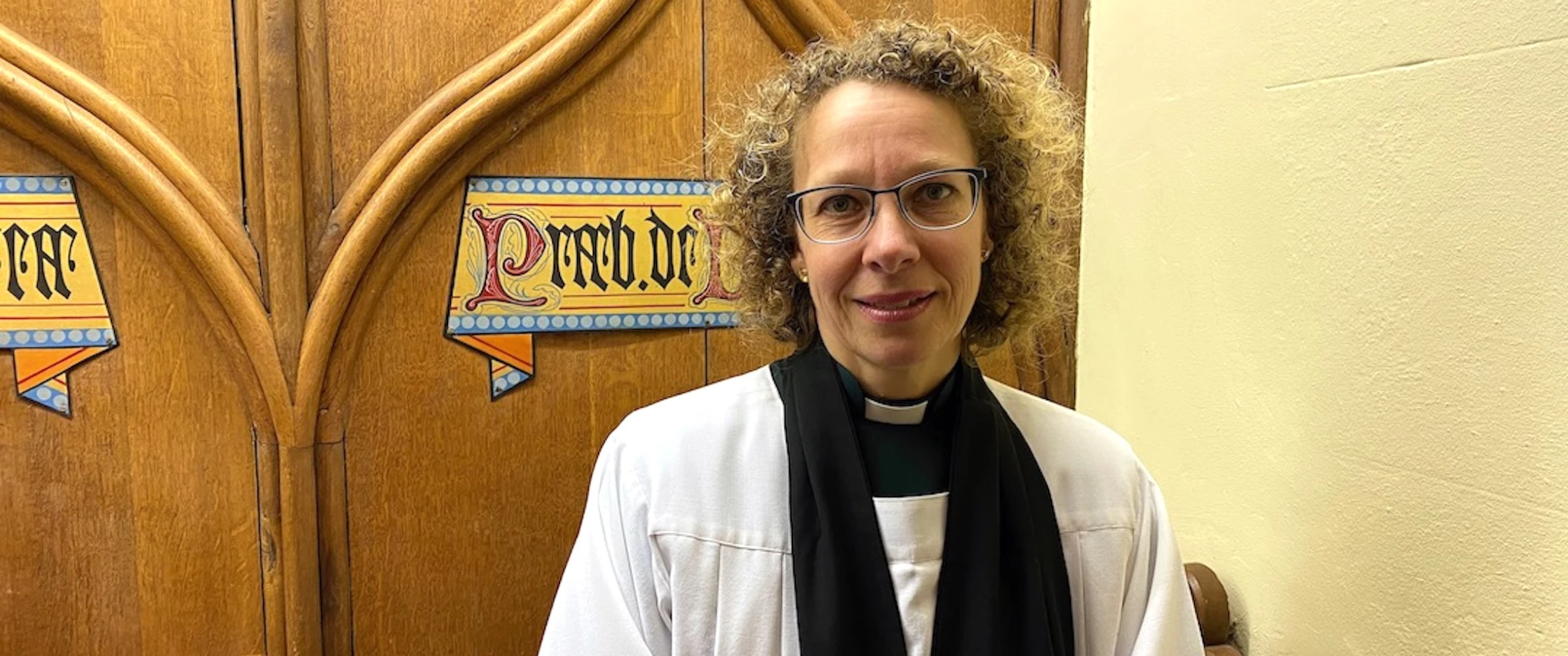Canon Helene Steed commends the IRAD report
The rector of St Mark’s Dundela, Canon Helene Steed, is a member of the International Reformed–Anglican Dialogue (IRAD) which recently concluded its work with the publication of the agreed statement, ‘Koinonia: God’s Gift and Calling’. The report was finalised at the commission’s final meeting in Hiroshima, Japan.
IRAD brings together appointed theologians from around the Anglican Communion and around the World Communion of Reformed Churches. This is the first international ecumenical document agreed between the two communions since 1984.
The central concept in the report is koinonia, a Greek word meaning communion – the relationship that binds Christians together. The report challenges the communions to deepen the unity that they already share.
“I believe the report, its thoughts and content are important for the Church of Ireland and indeed our ecumenical conversations for several reasons,” said Helene:
“Firstly, it introduces a new way of thinking, which is also reflected in the language. It is poetic and Biblical. Both the Old and New Testaments concepts are used, and the report is deeply biblically rooted.
“The new way of thinking means that the starting point for the commission was the experience of the ‘energy of lived koinonia’. Hence our discussions shifted ‘away from trying to resolve questions of ministry in order to affirm koinonia, to instead affirming that koinonia is a gift already experienced in many ways.’ (p. xxiii) That was the commission’s approach and this what the report offers to the Church of Ireland, and our ecumenical conversations with Presbyterians (Reformed) and other denominations. The starting point is bringing people/churches/denominations together with the energy of lived koinonia. Discussions about dogma, agreements and the desire to solve differences may follow. This lived koinonia draws on hospitality. Christ lived hospitality, which was radical. Hospitality continues to be radical – a Covid world challenges us even more so.
“The second reason why koinonia is important for our communions is that koinonia does not shy away from disagreement and obstacles. Both the Reformed and the Anglican Communions have grappled internally with discord and hard questions over the last number of years and as a commission we embraced that conversation, recognising hard questions and allowing them to be seen. In this context the commission was provoked by a Central African image of sharing a family meal – one shared pot, offered to all to eat from (p.xxiv). The Body of Christ – the Church – is wounded because of its impaired reception of koinonia. (p.xvii) The challenge remains to engage with difference as we as Church are called to receive God’s gift and calling: koinonia.
“Which takes me to my third point. Koinonia by its very nature, keeps doors ajar, rather than shut. That is the Goodly Givenness of koinonia given to our communions. I pray we may receive it gratefully and continue the koinonia conversation.
“Finally, on a personal level, being a member of the commission and involved in the drafting of the report has given me insights and tools for parish ministry. The thoughts and concepts are translatable to local, everyday parish ministry, which I have found both challenging and helpful.”
The report, ‘Koinonia: God’s Gift and Calling’ is available to download as a PDF at this link.
